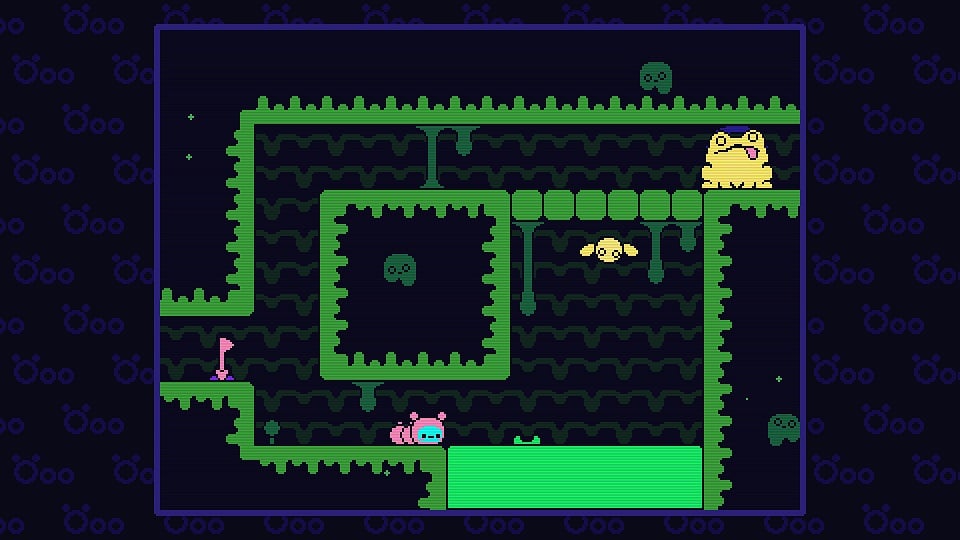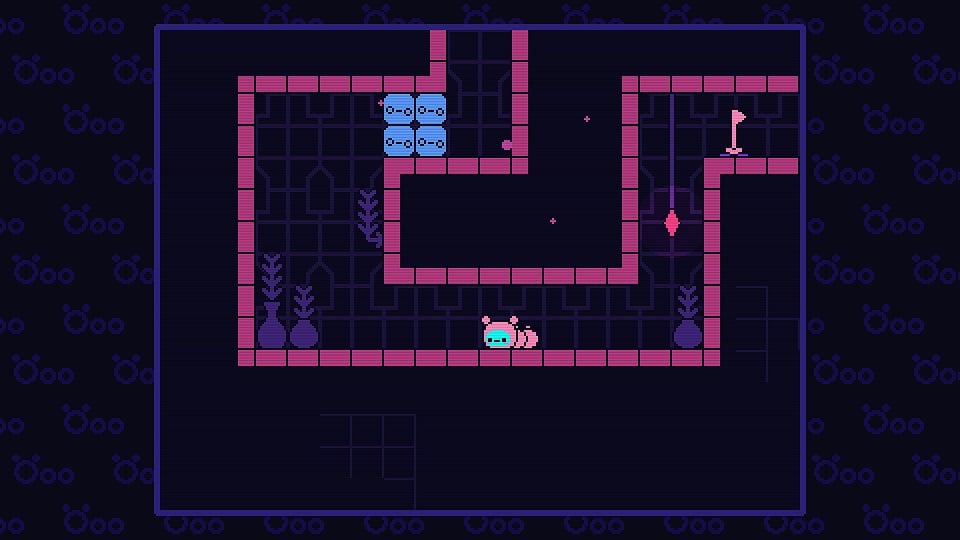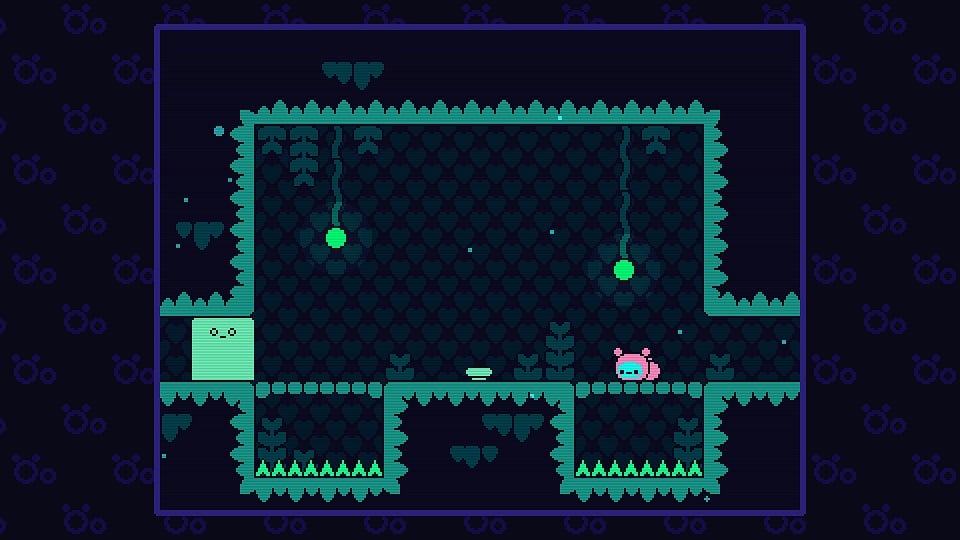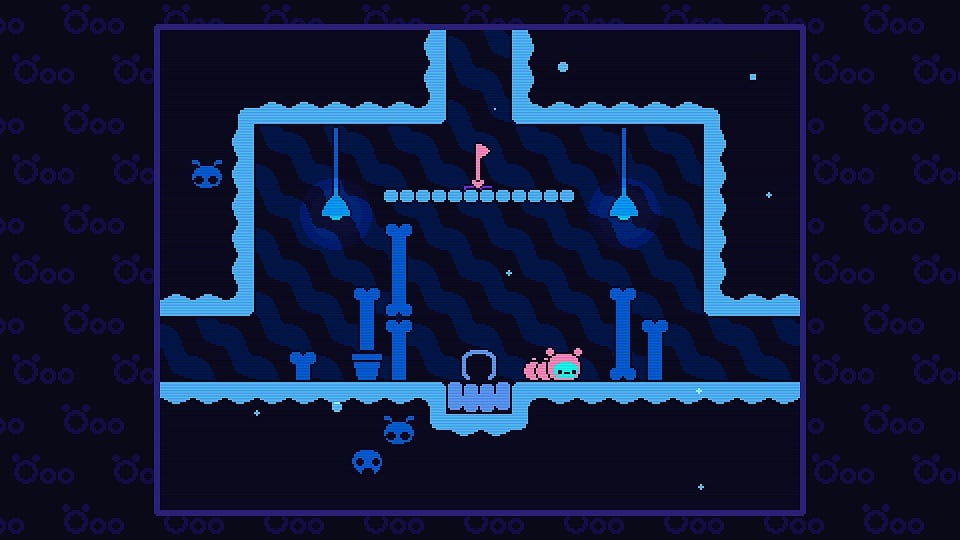Indie developer NamaTakahashi released their new puzzle platformer Öoo on August 8, earning an Overwhelmingly Positive rating on Steam less than a week since launch. In a recent thread on X, NamaTakahashi talked about how difficult it is for games of certain genres to boost their sales via playthroughs and livestreams by content creators. Based on personal experience from their own game becoming a hit, Takahashi proposed a possible solution for the problem.

While Öoo is earning praise in both Japan and overseas, with 100% positive ratings on launch (and 99% positive ratings out of over 600 total ratings at the time of writing), a lot of other puzzle games seem to struggle to take off, especially in recent years, when playthroughs and livestreams have become a big factor behind games gaining exposure. This is mainly due to puzzle and story-driven games largely being a one-time experience – the puzzles are only interesting when you have to make an effort to solve them, and the stories are not the same if you know all the plot twists.
This makes it quite difficult for indie devs of said genres to expand their customer base, even if their games end up being popular among content creators. Watching a playthrough of a puzzle game usually doesn’t motivate the viewer to buy the game as they are already aware of all the solutions. This poses an even bigger problem for small-scale games like Öoo. With only around 2-3 hours of playtime, Öoo can easily be completed in one streaming session, leaving nothing new for people who potentially wanted to buy the game.
Inspired by a recent YouTube playthrough of Öoo by indie gaming YouTuber LayerQ, NamaTakahashi proposed a theory on how gaming video creators could help developers of puzzle and story-driven games to boost their sales. NamaTakahashi notes that LayerQ doesn’t post full playthroughs of games, but rather splits them into smaller segments (around 20 minutes) and uploads them one by one over the course of a few days. In other words, the full content of the game isn’t spoiled, and gaps are created to keep viewers invested.
So, if somebody watches the first part of the playthrough and enjoys it, they’re much more likely to go ahead and play it for themselves, because the second part of the playthrough wouldn’t be out by that time. NamaTakahashi likens this to a marketing technique commonly used in the anime and manga industries – TV anime series typically air one episode per week, which makes viewers impatient to find out what happens next – thus often deciding to buy the manga.

NamaTakahashi praised LayerQ for creating a video format that was considerate of the developers and created opportunities for them to gain profit. He especially pointed out that a great thing about the first episode of LayerQ’s Öoo playthrough is that it ends on a cliffhanger, only teasing the next puzzle stage without giving a solution – leaving viewers wanting to see what happens next.
In order to get more people interested without harming revenue, many Japanese developers, especially those who make story-driven games, have resorted to making certain parts of their games off-limits for streamers. However, these kinds of restrictions can end up becoming a double-edged sword, as making them too strict can negatively impact the game’s exposure. LayerQ’s video format, on the other hand, offers a solution that benefits the developers – putting out smaller chunks of gameplay, spacing them out over a course of several days, and making content that encourages the viewers to pick up the games themselves seems like a good middle ground for both content creators and developers.

For those interested in NamaTakahashi’s new game, Öoois a unique puzzle-oriented metroidvania in which you have to navigate a dungeon as an adorable little “bomb caterpillar.” As its name suggests, the bomb caterpillar is able to produce bombs. While, as a caterpillar, you don’t have the ability to jump, if you time the bomb placements just right, you’ll be able to ride on the explosion to cross gaps or launch yourself in the air. The bomb mechanic is also used to solve various puzzles scattered throughout the dungeon, and it allows for a wide variety of playstyles.
Öoo is out now on PC (Steam).





